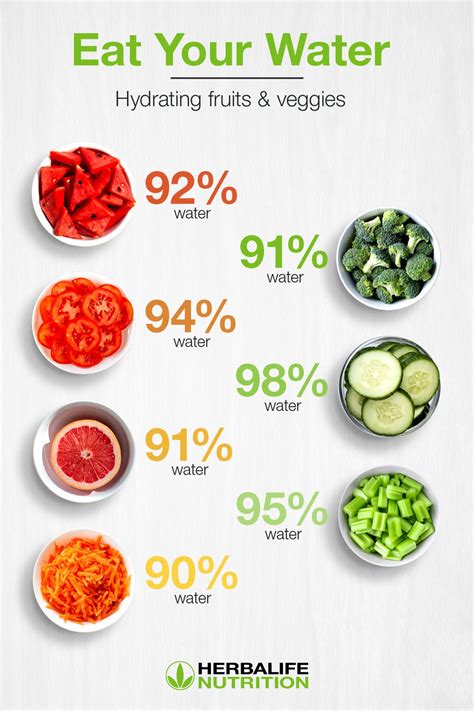What daily diet optimizes male energy, focus, and performance?

Fueling Peak Male Performance: A Dietary Blueprint
For men seeking to enhance their energy levels, sharpen mental focus, and boost overall performance, diet plays an unequivocally crucial role. Beyond just satisfying hunger, the right daily dietary choices can profoundly influence hormone balance, cognitive function, physical endurance, and even mood. This guide delves into the nutritional strategies that can transform your daily intake into a powerful tool for achieving your peak potential.
The Foundation: Macronutrients for Sustained Vigor
Macronutrients—proteins, carbohydrates, and fats—are the cornerstones of energy production and bodily function. Getting the right balance is paramount for men’s health.
- Protein: Essential for muscle repair and growth, hormone production, and satiety. Lean sources like chicken breast, turkey, fish, lean beef, eggs, legumes, and Greek yogurt should be a staple in every meal. Aim for 0.7-1 gram per pound of body weight for active men.
- Complex Carbohydrates: These are your primary source of sustained energy for both physical activity and cognitive function. Unlike simple sugars, complex carbs from whole grains (oats, quinoa, brown rice), sweet potatoes, and vegetables release glucose slowly, preventing energy crashes.
- Healthy Fats: Crucial for hormone production (including testosterone), brain health, and nutrient absorption. Incorporate sources like avocados, nuts, seeds, olive oil, and fatty fish (salmon, mackerel) into your daily diet.

Micronutrients: The Hidden Powerhouses
While macronutrients provide bulk energy, micronutrients—vitamins and minerals—are the unsung heroes facilitating countless bodily processes vital for energy, focus, and performance.
- B Vitamins: A complex of vitamins (B1, B2, B3, B5, B6, B7, B9, B12) critical for converting food into energy. Found in whole grains, lean meats, eggs, and leafy greens.
- Magnesium: Involved in over 300 enzymatic reactions, magnesium supports muscle and nerve function, blood sugar control, and energy production. Good sources include dark leafy greens, nuts, seeds, and whole grains.
- Zinc: Vital for immune function, protein synthesis, and, significantly for men, testosterone production and cognitive function. Oysters, red meat, poultry, and beans are excellent sources.
- Vitamin D: Beyond bone health, Vitamin D plays a role in mood, immune function, and testosterone levels. Sunlight is the best source, but fatty fish and fortified foods can also contribute.

Hydration and Strategic Food Choices
Often overlooked, proper hydration is fundamental for optimal cognitive and physical performance. Dehydration can lead to fatigue, reduced focus, and impaired physical capabilities. Aim for at least 8-10 glasses of water daily, more if you’re active.
Beyond water, incorporating specific foods can supercharge your diet:
- Antioxidant-Rich Foods: Berries, dark leafy greens, and colorful vegetables combat oxidative stress, protecting brain cells and supporting overall health.
- Omega-3 Fatty Acids: Found in fatty fish (salmon, sardines), flaxseeds, and walnuts, these fats are crucial for brain health, reducing inflammation, and supporting cardiovascular function.
- Limit Processed Foods and Sugars: These can lead to energy spikes followed by crashes, impairing focus and contributing to inflammation. Minimize intake of sugary drinks, refined grains, and highly processed snacks.

Meal Timing and Frequency for Peak Performance
How you time your meals can be as important as what you eat. Consistent meal timing helps regulate blood sugar levels, keeping energy stable and focus sharp throughout the day.
- Regular Meals: Aim for three balanced meals and 1-2 healthy snacks to avoid large gaps that can lead to hunger-induced fatigue and poor food choices.
- Don’t Skip Breakfast: A nutrient-rich breakfast kickstarts your metabolism and provides essential fuel for morning focus and energy.
- Pre- and Post-Workout Nutrition: Fueling adequately before exercise provides energy, while consuming protein and carbohydrates post-workout aids recovery and muscle repair.

Sample Daily Diet Plan Elements
While individual needs vary, here’s a general framework for an energy- and performance-optimizing male diet:
- Breakfast: Oatmeal with berries, nuts, and a scoop of protein powder; or scrambled eggs with spinach, avocado, and whole-grain toast.
- Lunch: Large salad with grilled chicken/fish, mixed greens, various vegetables, and olive oil dressing; or a quinoa bowl with black beans, roasted vegetables, and lean ground turkey.
- Dinner: Baked salmon or lean steak with a large serving of steamed broccoli/asparagus and sweet potato; or lentil soup with whole-grain bread.
- Snacks: A handful of almonds, an apple with peanut butter, Greek yogurt, or a hard-boiled egg.

Conclusion
Optimizing male energy, focus, and performance is an ongoing journey, and diet is your most powerful ally. By prioritizing whole, unprocessed foods, focusing on a balanced intake of macronutrients, ensuring adequate micronutrient consumption, and staying well-hydrated, men can unlock sustained vitality, sharper cognition, and improved physical capabilities. Make these dietary principles a cornerstone of your daily routine, and experience the transformative benefits firsthand.








